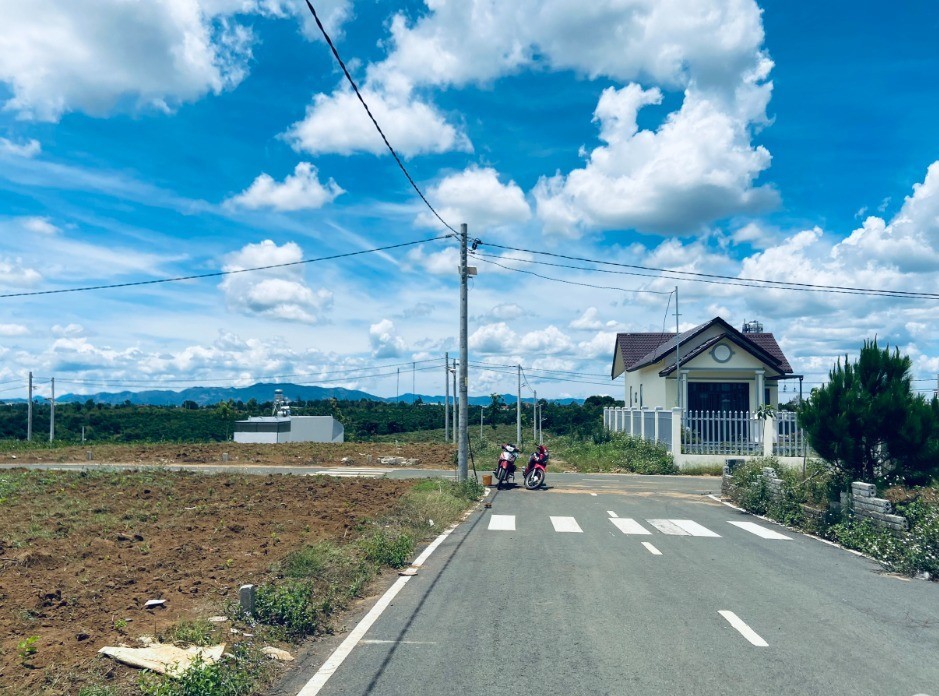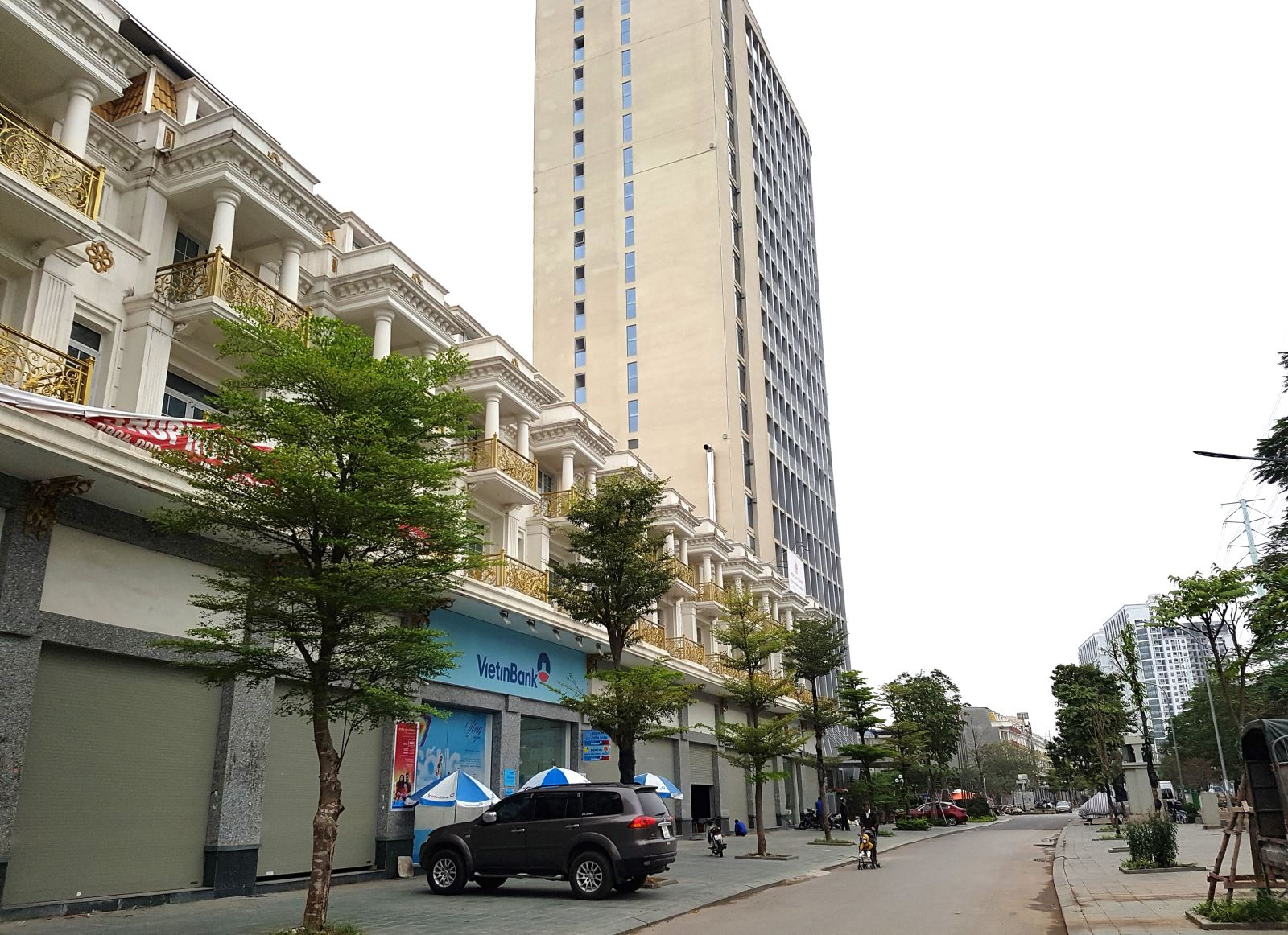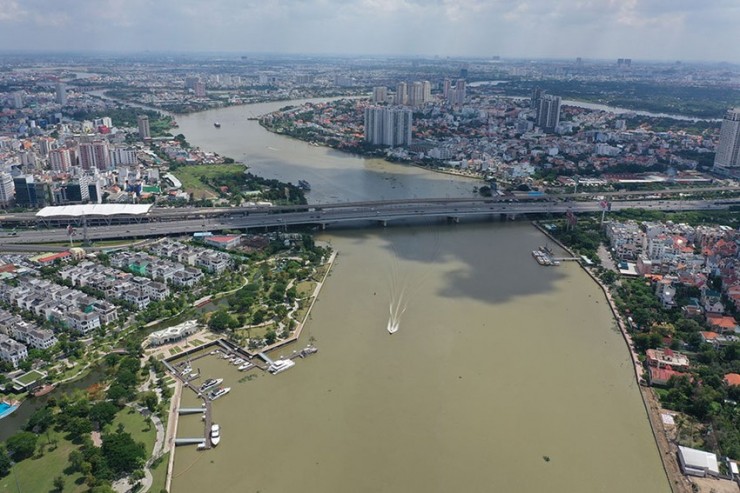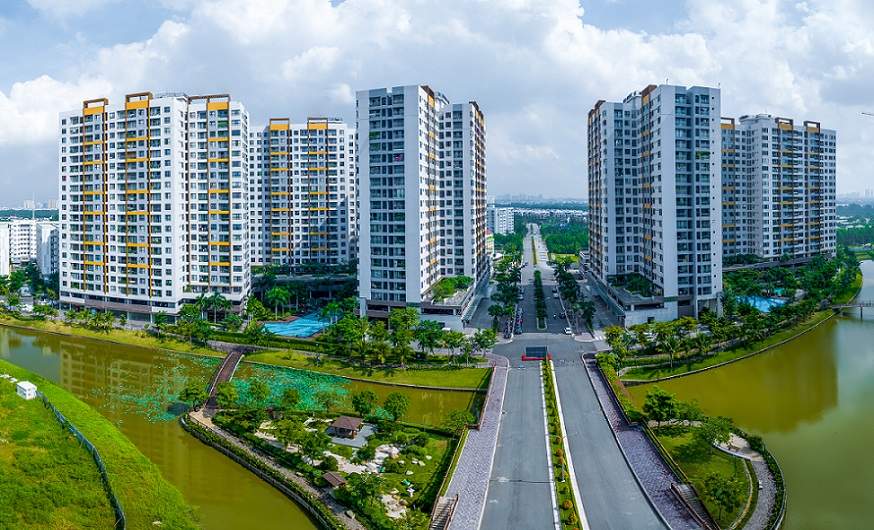Which Areas in Lam Dong Province Will Benefit from Expressway Projects?
Infrastructure development, particularly the planning and investment in road networks connecting to highways, is opening up new opportunities for land development in Lam Dong Province. The region has witnessed a surge in real estate transactions, with a notable concentration in existing residential areas. This trend is evident in monthly reports by the Provincial Department of Justice, highlighting successful real estate transactions conducted through notarization and verification processes.

Amidst a sluggish real estate market, most land transactions in Lam Dong Province are centered in districts like Duc Trong, Bao Lam, Lam Ha, Bao Loc, and Di Linh. Interestingly, these transactions predominantly involve existing residential areas, while activities within planned projects remain limited. For instance, in April 2023, there were 1,220 land transactions, of which 1,194 were within existing residential areas, and only 26 were related to projects. This pattern persisted through the following months, with an increasing number of transactions within existing residential areas and few within projects.
August 2023 witnessed a significant surge in land transactions, with 1,497 transactions primarily within existing residential areas, overshadowing the mere 34 transactions within projects. This increase can be attributed to Lam Dong's comprehensive measures to boost the real estate market. These measures include land parcel division and repurposing of land for households and individuals across the province.
Moreover, Lam Dong has been actively resolving obstacles related to land parcel division by introducing new regulations regarding land division conditions, streamlining land usage changes for various land types in the province. The province is also accelerating the approval of land usage plans up to 2030 and annual land usage plans for localities. This crucial groundwork facilitates land reclamation, supports the launch of new projects, and enables land usage changes from agricultural to residential purposes for households and individuals.
Lam Dong Provincial People's Committee is currently assessing and planning the development of transportation networks connected to highways to unlock new development areas in the province. Presently, Lam Dong is utilizing the Liang Kuang - Prenn Pass expressway, while two highway projects, Tan Phu - Bao Loc and Bao Loc - Liang Kuang segments, are in the preparatory stages, expected to commence construction in 2023 and 2024. Post-2030, the province will embark on highway projects connecting Liang Kuang to Buon Ma Thuot and Da Lat to Nha Trang, aligning with regional development strategies.
To maximize the efficiency of highway investments and stimulate socio-economic growth in localities, the Provincial People's Committee has tasked the Department of Transport to oversee the coordination of highway interchanges with the local road network, ensuring rational distances and compliance with design standards. Effective and secure operation of these interchanges will connect urban and rural areas, industrial zones, tourist destinations, and airports, among others.
The Department of Planning and Investment is responsible for continually reviewing, updating, and enhancing provincial development plans. This ensures seamless alignment between highway networks and main roads, contributing to the economic development of different regions within the province.
When reviewing local investment proposals related to highways, the Department of Planning and Investment will prioritize cost-effective investment solutions. Additionally, they will scrutinize, allocate resources, and mobilize funding for road projects connecting with expressways to create new development spaces, especially in urban and industrial areas.
The Department of Construction plays a pivotal role in coordinating with localities to revise urban and suburban development plans, ensuring a synchronized connection between the local transportation network and highway systems. They will also formulate plans for efficient development and utilization of interchange areas, creating a synergy between these new spaces and the expressways.
To maximize the return on investment in highway projects, the Provincial People's Committee has directed localities to manage land usage efficiently around interchanges and new development areas linked to highways. Localities are encouraged to prioritize and invest in district and inter-communal road projects that support economic activities, industrial zones, tourism, and ensure stable, long-term revenue streams for the community.
Furthermore, the Provincial People's Committee is enforcing stringent limitations on the allocation of prime land positions for residential real estate development. They are actively addressing inconsistencies and aiming to eradicate corruption, waste, and negative practices. The focus is on ensuring that investments in connecting interchanges with highways serve the greater public good, rather than benefiting select interest groups.
In conclusion, Lam Dong Province's strategic infrastructure investments, particularly in highway development, are reshaping the local real estate market. These endeavors not only open up new growth areas but also promote economic development, employment, and sustainable land usage. The province's commitment to efficient land management and infrastructure planning positions it for a promising future in real estate and economic development.
Source: CafeLand








